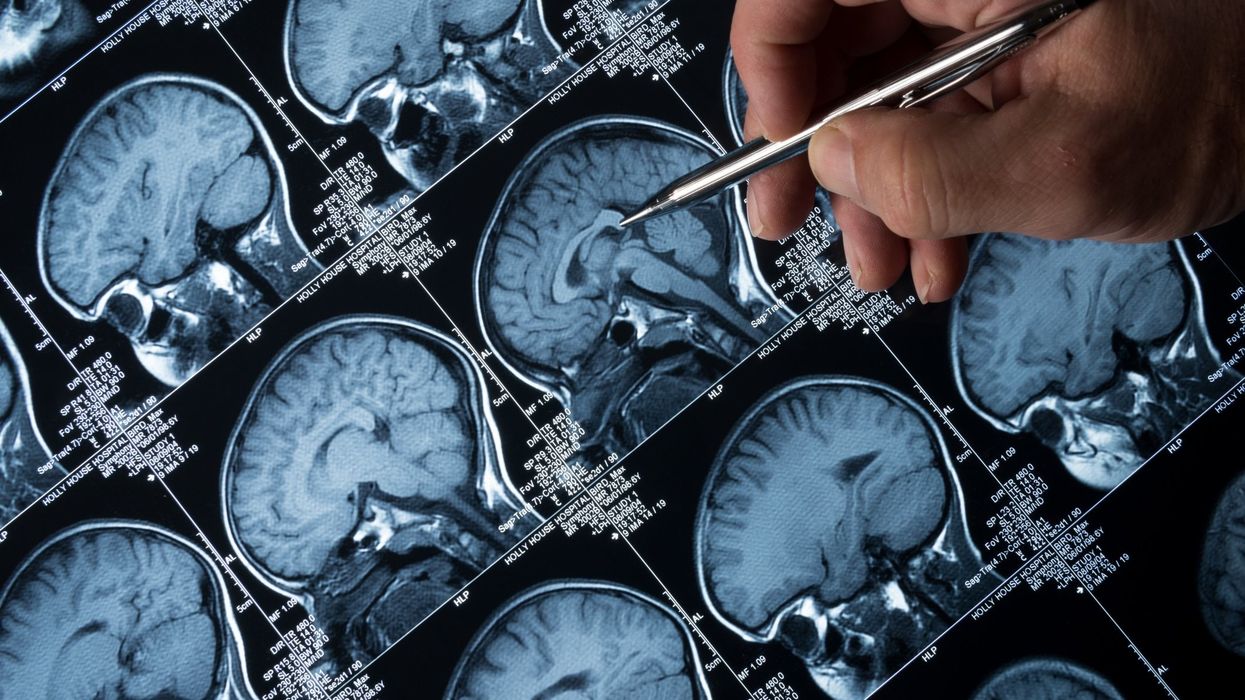A study discovered a particular gene called APOE4 is present in people who have increased chances of Alzheimer's disease. A research paper published in the journal Nature Medicine found that people who carry two copies of the gene are at a higher risk of getting this disease. They also found that symptoms of Alzheimer's can begin 7 to 10 years earlier in such people.
Until recently, people believed that genetic forms of Alzheimer's only affected younger people and made up less than 1 per cent of all cases.
The study stated that about 15 per cent of people who have Alzheimer's carry two copies of the APOE4 gene, meaning those cases "can be tracked back to a cause and the cause is in the genes," said Dr Juan Fortea, who led the study at the Sant Pau Research Institute in Barcelona, Spain.
Doctors are cautious about prescribing the only drug for slowing the disease called Leqembi because of harmful side effects.
Dr Reisa Sperling, the study's co-author, who works at Brigham and Women’s Hospital in Boston, is studying ways to prevent Alzheimer's. She thinks it's crucial to focus on people with the APOE4 gene before they show symptoms.
Alzheimer's affects millions of people worldwide. While some cases are caused by rare genetic mutations, most occur after the age of 65. The APOE gene, which affects how the body handles fats, plays a role in late-onset Alzheimer's.
APOE4 is known as the biggest genetic risk factor for this type of Alzheimer's.
The research suggests that people with two copies of the APOE4 gene are more likely to develop Alzheimer's symptoms earlier in life and have more brain plaque associated with the disease.




